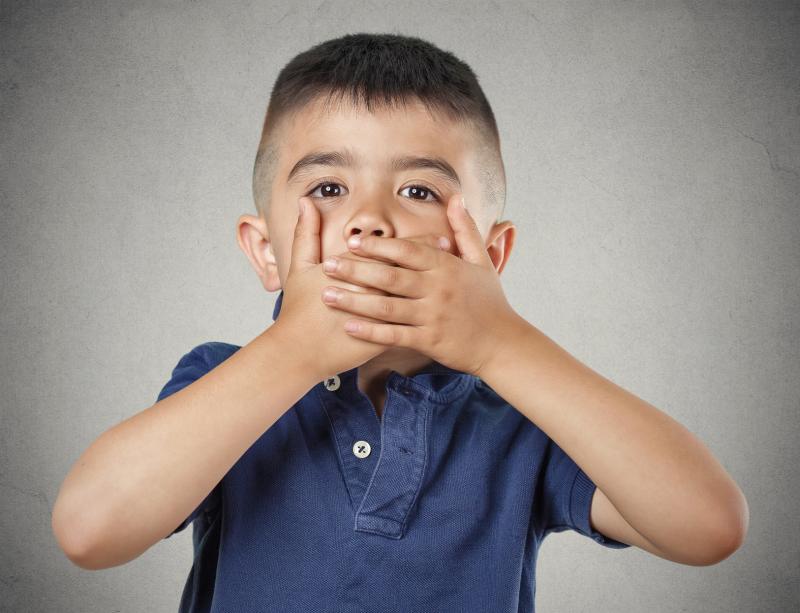
Self-harm and violent criminality risks are heightened among individuals who experienced parental death during childhood, a study suggests.
The study involved 1,698,821 individuals (51.3 percent male) who were followed from age 15 years over 26,273 056 person-years in aggregate. Most of them (96.9 percent) had both parents still alive at their 15th birthdays.
During the follow-up, 45,865 individuals harmed themselves, while 52,691 were convicted of committing at least one violent crime. Both risks were heightened among those who experienced the death of one or both parents during childhood. Covariate adjustment for gender, birth year, and first-degree relatives' mental illnesses attenuated these associations, although the risks remained significantly high.
The risks of self-harm and violent criminality were highest among individuals who experienced parental death at ages 0–6 years (hazard ratio [HR], 1.94, 95 percent confidence interval [CI], 1.81–2.07 and HR, 2.04, 95 percent CI, 1.92–2.18, respectively) and were lowest when parental loss occurred at ages 13–14 years (HR, 1.56, 95 percent CI, 1.43–1.70 and HR, 1.63, 95 percent CI, 1.50–1.76).
The hazard estimates did not differ greatly according to which parent died, but losing both parents conferred large risk increases. Risks for both self-harm and violent criminality were higher with exposure to unnatural vs natural parental death, while the risk of the latter was especially raised among individuals exposed to parental death by unnatural causes other than suicide.
In light of the findings, researchers called for effective early interventions to help develop immediate and sustained coping strategies for youngsters who have experienced the death of one or both parents. “Enhanced cooperation between health and social services and criminal justice agencies may mitigate risks for these two destructive behaviours.”